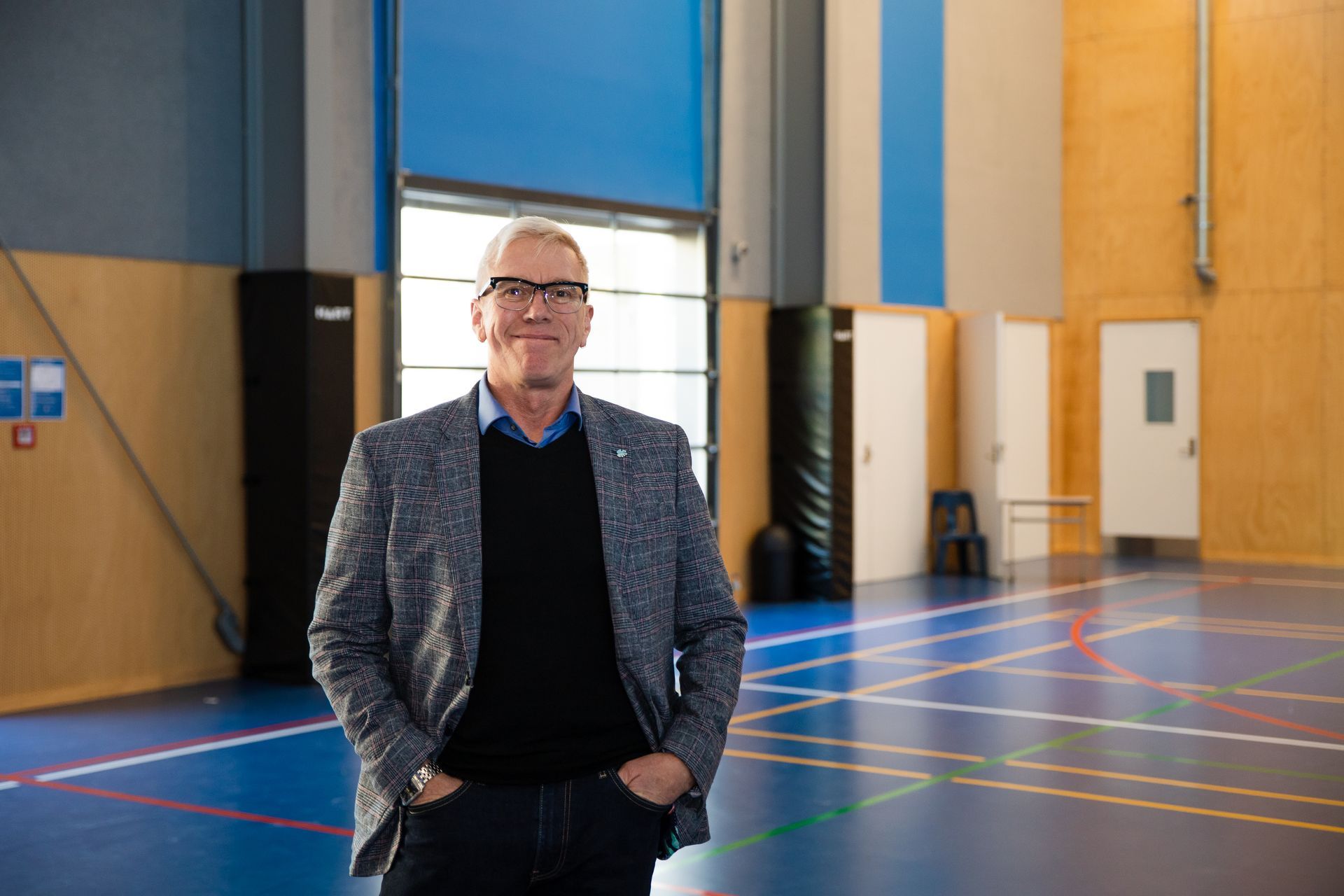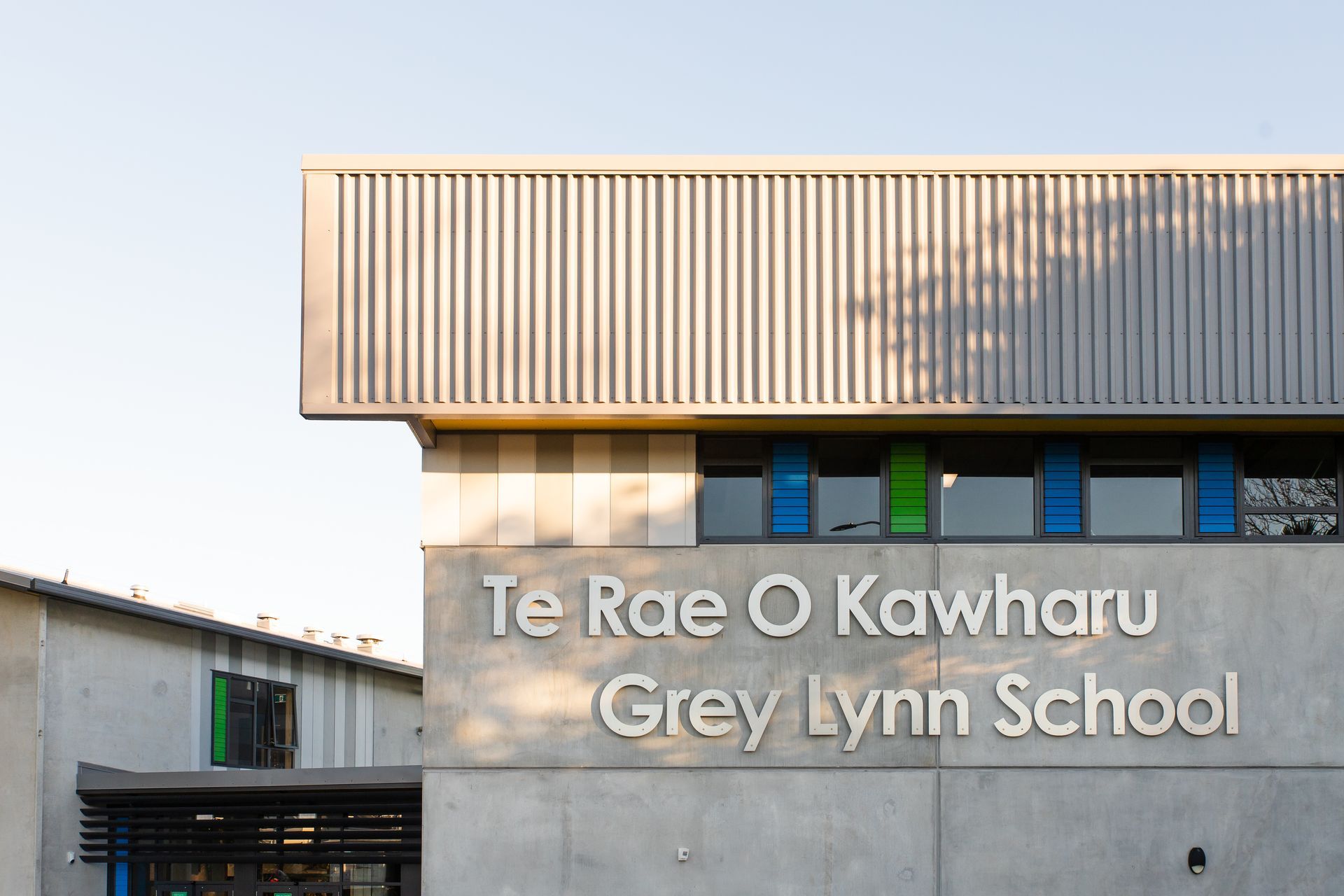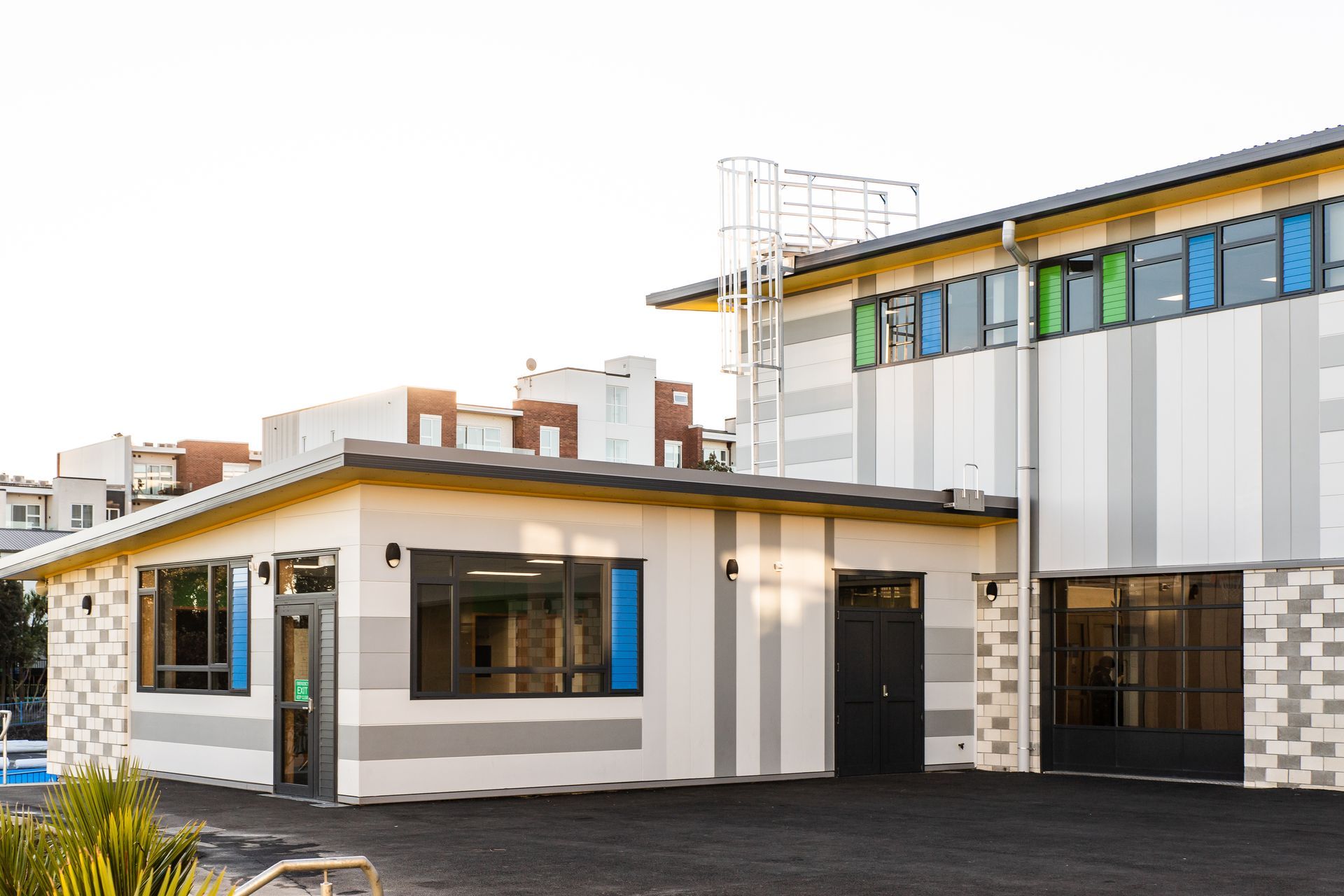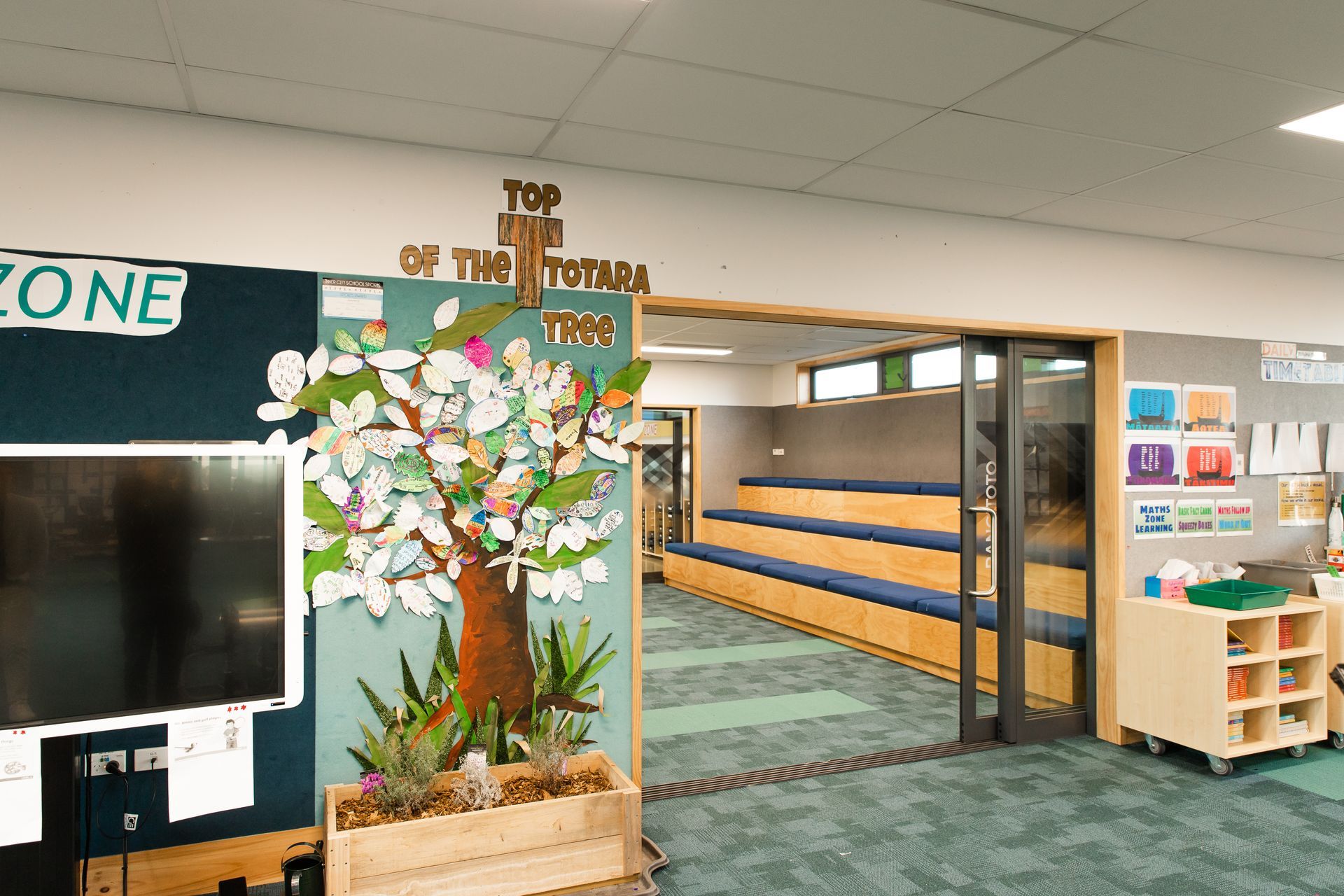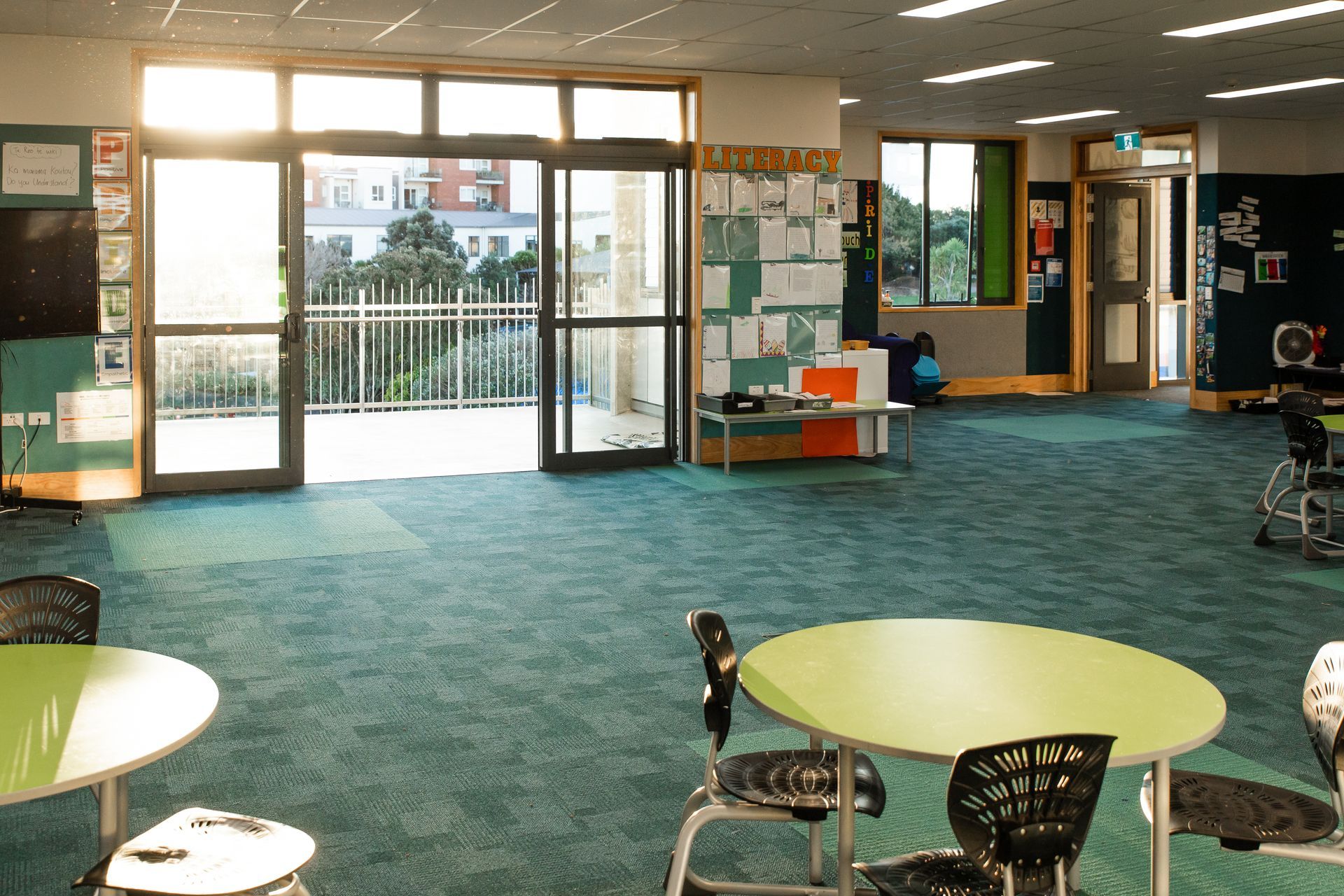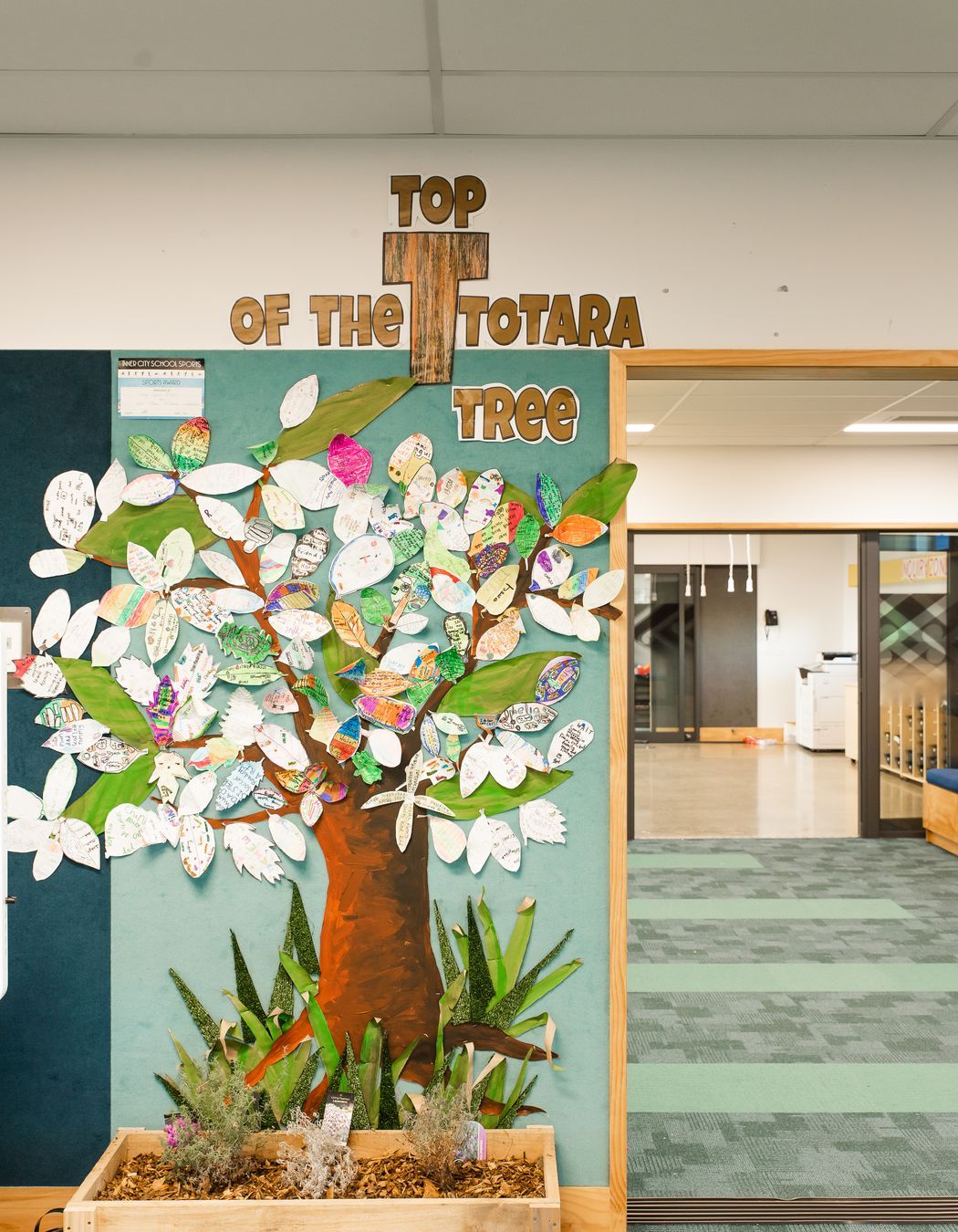Te Rae O Kawharu - Grey Lynn School Case Study
When Pacific Environments Architects were commissioned to design a new multi-storey learning and administration facility at Te Rae O Kawharu - Grey Lynn School, they were shouldering a social responsibility. A school building is an investment in society’s future. It is where young people learn the values, skills and knowledge they need to make their society a better place. If a school building is well constructed—if it’s thoughtfully designed and built with quality materials—it will serve not just one generation of young people but many.
Pacific Environments Architects had this in mind when they chose to use GreenStuf® as thermal and acoustic insulation for the new building. “We’re building facilities that are going to be used for a long time and that are going to be used by a lot of people,” says Clive Chapman—director of Pacific Environments Architects. “These kaiako and tamariki really need the facilities we’re designing for them.”
Pacific Environments Architects are well versed in selecting the right materials for durable schools, and the education sector is an area of focus for them as an architectural practice.
Clive explains: “Education work has specific guidelines that are set by the ministry [of education], which means we have to make sure we will have products that will perform in the right manner.”
A range of GreenStuf products were selected by Pacific Environments Architects for the new building: Thermal Wall Pads, Thermal Wall Blanket and Sound Solution. Yet their decision to use these products wasn’t just about meeting the minimum standards of ministry guidelines. “The H1 building clause is a minimum requirement for a building as far as insulation goes,” Clive says. “But in reality, we’re actually specifying things far above H1.”
Rob Woolner, managing director of GreenStuf, echoes these sentiments. In discussing Greenstuf’s approach to meeting the H1 requirements, he says, “We believe the building code should be a minimum expectation, not necessarily a target. The new GreenStuf range is centered around meeting key performance criteria in a range of thicknesses. Our GreenStuf design guide allows designers to make choices for how they insulate to gain overall H1 compliance, and in some cases exceed the new standards. We know that the standards will continue to increase, so our systems-based approach allows us to continue to push the bar higher and support better building performance into the future.”
GreenStuf’s dedication to better building performance centres around the unique credentials of its products. GreenStuf insulation is made without harmful chemicals, it is endorsed by Asthma New Zealand, and, being made from 100% polyester fibre, it is easy and safe to work with. These features were a big part of what drew Pacific Environments Architects to GreenStuf products. “We use GreenStuf because we like its credentials…I’ve personally stuffed some in my own house, and from that point of view it’s a nice product to work with as opposed to some other products.”
GreenStuf’s sustainability credentials were another key consideration for Pacific Environments Architects. GreenStuf prides itself on its zero-waste manufacturing line, which ensures that every element used in its production processes is recyclable at the end of its life. “Sustainability is always an important thing for us,” Clive says. “It’s an area in the office that we’re really quite passionate about. We always make sure that all the products we use are products we would want to use in our own homes.”
Safe, sustainable, high-performing insulation—the type of insulation that architects are happy to use in their own homes—is particularly important in education environments. School buildings must be well insulated to keep children warm and comfortable, enabling them to focus on learning. Such buildings must also be well insulated to keep sound distractions to a minimum. GreenStuf products perform above expectations—and well above ministry guidelines—on both these criteria.
The new building at Te Rae O Kawharu - Grey Lynn School houses multiple learning and administrative spaces. There are flexible learning areas equivalent to 18 classrooms, a library and resource area, making spaces, and administrative offices and staff rooms. Each floor of the building opens up to outdoor learning areas. It is the type of building that enables children and teachers to focus on what really matters in schools: quality education. In this sense, Te Rae O Kawharu - Grey Lynn School’s new building is an investment in society’s future, and GreenStuf insulation products create a safe and comfortable learning environment to ensure that investment pays off.

